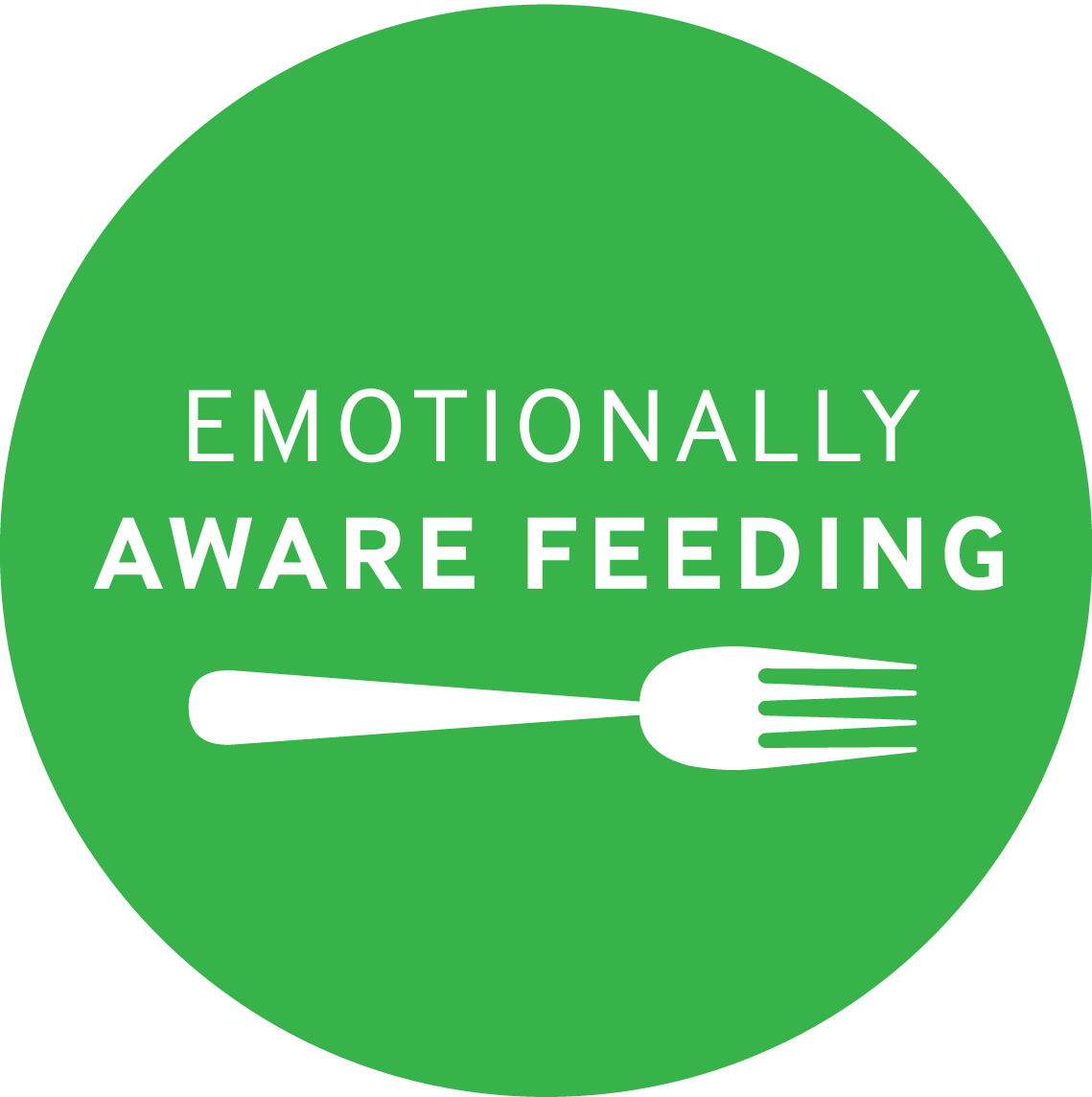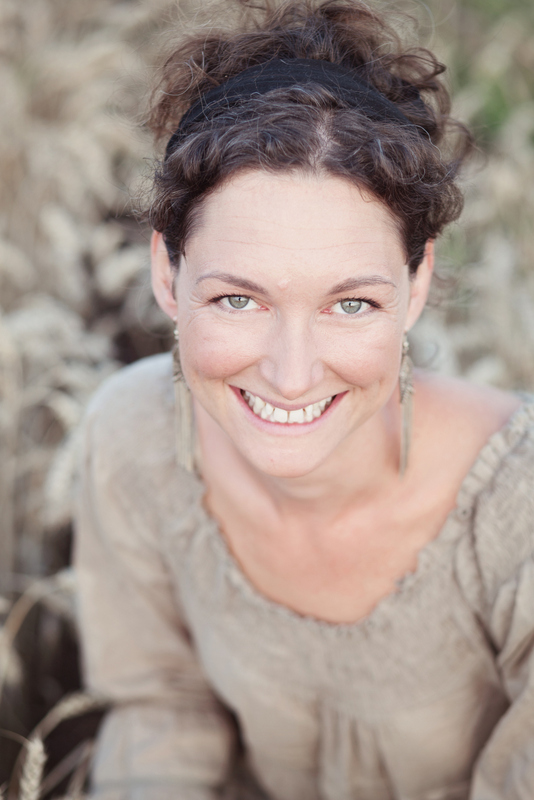Question & Answer - Feeding, Eating, & Drinking
Are my child's feeding problems my fault?Answer from: Jo Cormack, Therapist and Feeding Consultant in the United KingdomNovember 2016 |
|||
|
I am going to answer this in relation to picky eating, my area of expertise.
First of all, let me reassure you that you are not alone in experiencing feelings of guilt and responsibility for your child’s relationship with food. The drive to nurture your child is a powerful one. Feeding is so central to our notion of ourselves as nurturing parents. And, just as it feels incredibly satisfying to see your children enjoy a nourishing meal you have prepared, it can feel utterly devastating to watch them reject food. Many of us eat with our children several times a day. If meals are very stressful, this can have an enormous impact on daily life and can take a significant emotional toll on both parent and child. In my clinical work, I help parents unpack some of the complex emotions that creep into the feeding relationship. And, guilt is a key player. Not only do we frequently blame ourselves when feeding isn’t going well, society blames us too. This is especially true for mothers. There is an entire branch of academia dedicated to exploring the phenomenon of mother-blame whereby responsibility for children’s weight, health status, and even IQ is apportioned to mothers. So it is very normal to worry that your child’s eating challenges are your fault? But, are they? Well, researchers describe picky eating as multi-factorial. In other words, it has many complex causes, ranging from physical problems (like difficulties chewing or swallowing) to anxiety, autism spectrum disorder, issues with processing the data children get from their senses, and lots of other things. Many of these factors have a genetic component. I love how Jenny McGlothlin and Katja Rowell put it in their fantastic book, Helping Your Child with Extreme Picky Eating. They write: “It’s not your fault if your child is highly intelligent or wildly independent, has a cautious temperament or developmental delays…. These factors are beyond your control.” I often ask parents if their child was an amazing artist or a terrible baseball player would they take full responsibility for this. Or, is it just who that child is? How your child eats is not your fault and looking at eating through this lens in counterproductive. It is a misplaced use of a parent’s energy. This is not to say that parenting does not have a part to play in feeding. In fact, you - the parent - are the key to helping your child progress toward a positive relationship with food. If there are things you did in the past that you would do differently now, rather than feeling bad about these, congratulate yourself for having the courage to seek good quality information and advice. Admitting there is a problem and looking for new ways to approach things is so much harder than sticking your head in the proverbial sand and doing nothing. Know anything you did, that you now feel was unhelpful, was done for the right reasons. Every decision you made was the best decision you could make at the time with the information available to you. Acknowledge what went before, and then be kind to yourself. Focus all your energy on moving forward rather than looking back.
Child feeding expert, Jo Cormack (MA, MBACP) is a therapist and feeding consultant specialising in helping parents prevent and solve picky eating. Based in the UK, she works with clients around the world via Skype, as well as running her feeding practice at a busy clinic in Lincoln. Jo is a trained (and registered) counsellor, and her expertise lies in the emotional, psychological, and behavioural aspects of food and feeding. She knows most parents are well aware of what they want their children to be eating; what Jo helps them with is how to help children enjoy a varied diet. War & Peas, Jo’s book for parents, was published in 2014. Jo is currently undertaking doctoral research (exploring maternal feeding practices) taking her passion for feeding research a step further. When she’s not working on her PhD or seeing clients, Jo writes regularly about how to give children a positive relationship with food, both in her own blog and as a contributor to many platforms worldwide. She lives in the UK countryside on the Notts/Lincs border with her husband, three daughters, and an assortment of animals! Contact Information Jo Cormack, MA, MBACP
https://www.jocormack.com/contact/ |
|||

 About the Author
About the Author